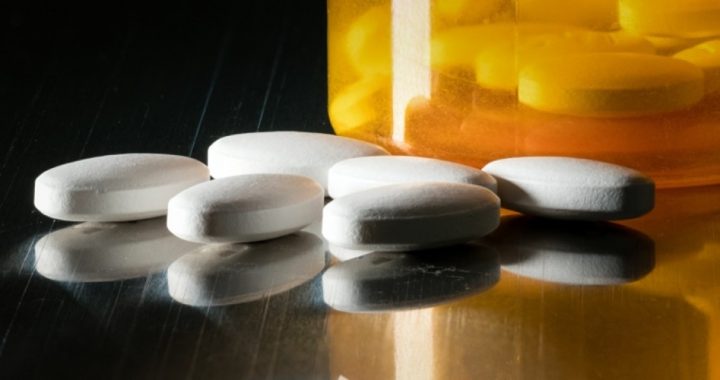
Nearly 92 million adults Americans — one in three — took prescription painkilling opioids in 2015, according to a recent study, increasing the alarm that the nation is in the throes of an opioid addiction epidemic.
The 38 percent of U.S. adults cited in the study conducted by the National Survey on Drug Use and Health mostly took such opioids as OxyContin or Percocet, while some 11.5 million Americans, or nearly five percent of the population, acquired and took the same prescription medications illegally.
“The proportion of adults who receive these medications in any year seemed startling to me,” said Dr. Wilson Compton, deputy director of the U.S. National Institute on Drug Abuse and the co-author of the study. “It’s an awful lot of people who take these, mostly for medical purposes, but within that a significant percentage end up misusing them.”
According to the survey, approximately 1.9 million Americans (almost one percent) reported that they were fully addicted to prescription painkillers, prompting experts to blame the burgeoning problem on overprescribing by medical professionals.
Compton said similar studies have found that there is “four times the rate of prescribing there was 15 years ago. Even though the rates have leveled off, we have a long way to go in improving medical care so these are not as overprescribed as they are currently.”
The study noted that many people are prescribed opioids they don’t need or don’t take, and these drugs are often passed on to other people — with devastating results. According to the U.S. Centers for Disease Control, the number of overdose deaths from the highly addictive opioids in question has quadrupled in the past 18 years.
Compton noted that of those who were using opioids illegally, more than half got the drugs from family or friends. In total, almost 60 percent of drug misuse came through someone taking an opioid without a prescription. “That tells us there are a lot of leftover medications,” Compton said. “In many cases, physicians could write smaller prescriptions, or avoid them completely for those who benefit from ibuprofen or acetaminophen.”
Writing on Catholic.org, commentator Marshall Connolly offered a few possible reason the United States appears to be “awash in drugs.” They include:
Over-marketing. “Pain relief is a multi-billion-dollar industry, approaching $50 billion … worldwide,” Connolly wrote. “Most of that money is generated in the United States. Some of it is spent telling Americans that pain is bad, unnatural, and can be easily fixed with a pill or some other simple treatment.”
Americans are weak at coping. “As a culture, we have been emasculated and taught that it’s okay to cry, but better to take a pill and forget about it,” he noted. “We take days off for minor aches and pains. We accommodate the man cold, and rush kids to the ER when they have the sniffles. Where our ancestors might have simply toughed it out, we have drugs on hand in this brave new world.”
Pharmaceutical companies, the insurance industry, and the federal government are in collusion. “If this sounds like the start of a conspiracy theory, that’s because it is,” wrote Connolly. “Sometimes the conspiracy is true. In this case, executives from the insurance and pharmaceutical industries wrote the law that is Obamacare. The law says a doctor cannot challenge a patient when they declare a pain level.” He added that “every person knows the fastest way to get opioids is to visit a doctor, declare a pain level of 10, and in many cases, the physician is required to write the prescription.”
As have millions of other Americans Connolly wonders why “anyone with common sense [would] allow such a law to pass, knowing it would take a terrible toll on people? Perhaps because that’s the desired outcome.”
While Connolly’s recommendations include heightened federal oversight and crackdown on those (including doctors and pharmacists) who illegally traffic opioids, along with a repeal of ObamaCare, his more practical and personal suggestions appear to hold the most promise.
Among them is an understanding that “pain is a natural part of life. The impulse to eliminate pain and feel nothing is an artificial impulse, programmed into us by hours of relentless marketing and conditioning.”
Instead of taking a prescription or pill, “we should find more reasonable remedies,” wrote Connolly, along with understanding that pain may actually be an invitation from God for prayer and reflection.
“Opioids are available for the worst pain, and can be appropriate in some cases, for example patients suffering from painful, terminal illnesses such as cancer,” he advised. “But 92 million Americans do not have terminal cancer, or impassable kidney stones, or some other painful, debilitating condition. It’s time to quit the drugs and ask why so many of us are hooked on them.”
Photo: Thinkstock



